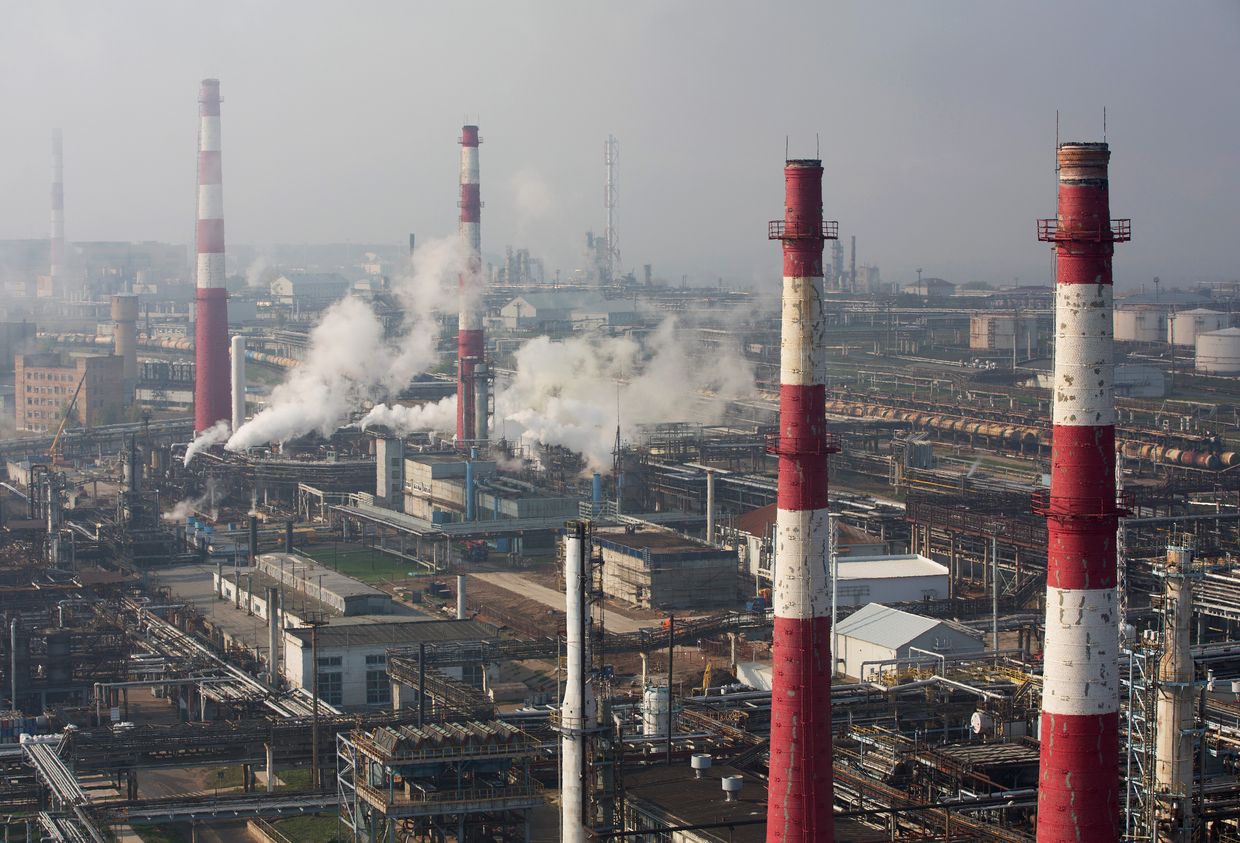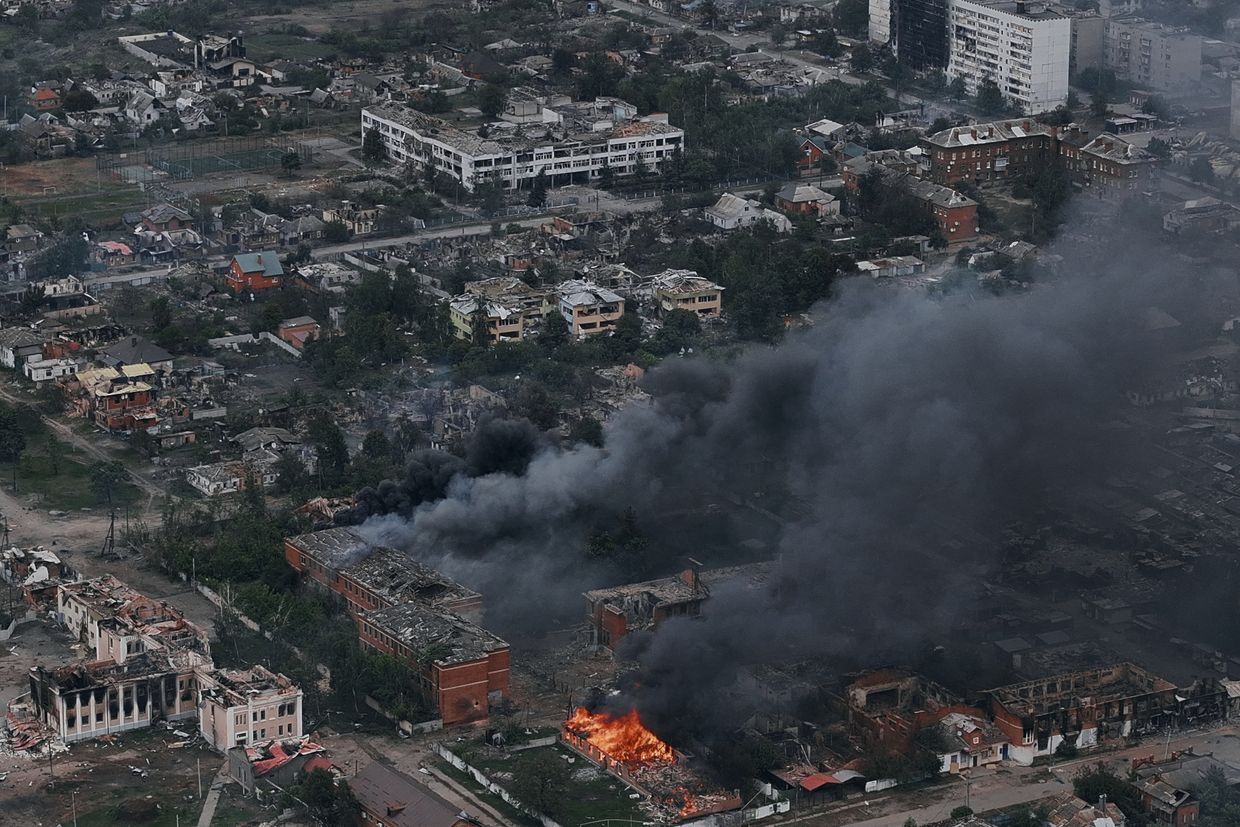Rosneft asks Kremlin to compensate for costs of protecting oil refineries from drones

The CEO of Russia's state-controlled oil company, Rosneft, sent a letter to Russian Prime Minister Mikhail Mishustin asking the Kremlin to approve tax breaks to offset the cost of preventing drone attacks on the company's oil refineries, Russian state-controlled media reported on May 23.
In recent months, Ukrainian forces have launched a series of drone strikes aimed at damaging Russia's oil industry, which is crucial to sustaining Moscow's war efforts, as well as its military hardware.
More than a dozen oil refineries have been reportedly hit. Earlier this week, on May 20, Russian media claimed that a refinery in the Russian town of Slavyansk-on-Kuban was damaged following an overnight drone strike.
In the wake of such attacks, many refineries have been forced to suspend operations, leading to a drop in fuel supplies.
In the letter, Rosneft CEO Igor Sechin, a close ally of Russian President Vladimir Putin, reportedly asked the Kremlin to "provide tax benefits to offset the costs of drone attacks on oil refineries in the Russian Federation."
Sechin writes that due to the increase in "terrorist risks," the company has been forced to implement a wide and costly set of measures to physically protect oil facilities from drones.
The CEO said the company suspended operations at the Syzran, Ryazan, Kuibyshev, and Tuapse refineries due to drone strikes. Sechin proposed compensating the company for security costs through deductions from the mineral extraction tax or income tax and increasing the reverse excise tax on oil.
He also noted that Western sanctions have undermined efforts to modernize the refineries, limiting the supply of equipment and increasing the cost of logistics and construction work.
Earlier this month, Politico reported that Ukrainian drone strikes were successful in putting pressure on Russia's fuel supplies, causing gasoline and diesel prices to surge for Russian consumers.
Energy exports have long been a key source of Moscow's revenue and have helped to sustain its ongoing war against Ukraine.















